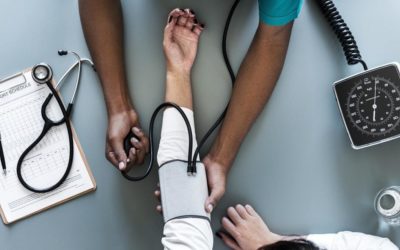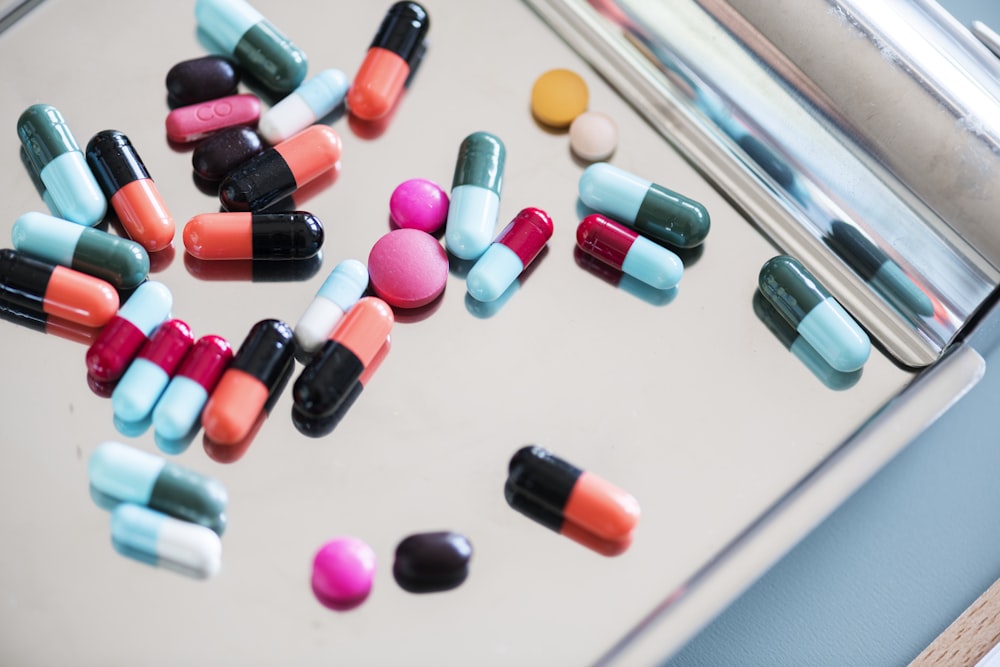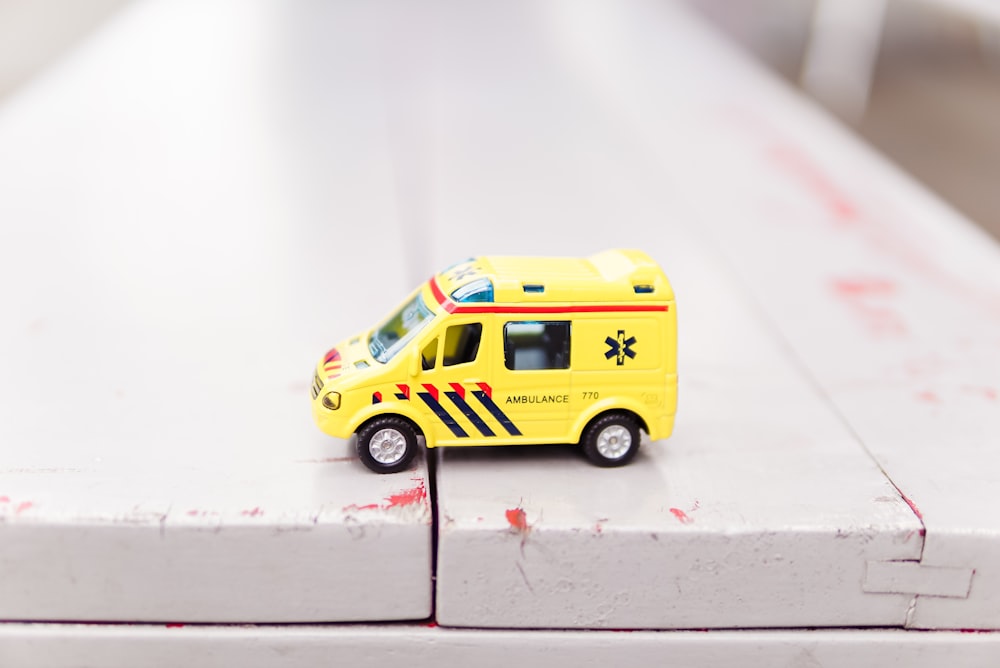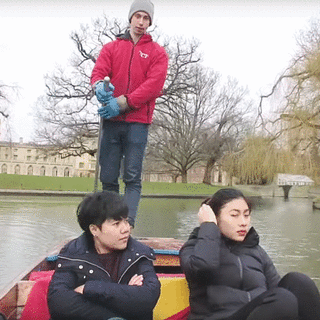✨ UK Healthcare: Need to Knows ✨
Healthcare is publicly funded in UK

The NHS (National Heath Service) is the government funded healthcare service - that means there are no fees for most services. There are some private doctors and hospitals, but only the super-rich tend to use them, as NHS services are free and reasonably good. You have to pay an NHS surcharge to get your student visa, so you might as well make good use of it.
What's not free?
- In England you must pay £8.80 for prescribed medicines, but you do not in Scotland, Wales or Northern Ireland.
- Dental treatment is not free, but if you do need dental treatment you should ask for the NHS service, as this is subsidised (cheaper).
- Eye tests and eyeglasses are not free, but there are often offers of free eye tests from private opticians.
Use a pharmacist/CHemist for minor ailments
If you have a cold, headache, rash, or anything not serious you should visit a pharmacist/chemist. They can tell you if it is something you should see a doctor for, or recommend a treatment they can sell you immediately. Although NHS treatment is free, doctors may be unhappy if they think you are wasting their time with minor ailments.
Alternatively, if you want to check something less serious quickly, the www.nhs.uk is great for reliable online health information.
Visit Supermarkets for Cheapest Medicines
Big supermarkets often have the best value basic medicines such as paracetamol, ibuprofen, anti-histamines etc. Many local pharmacists only sell branded products, which are generally the same medicines in more colourful packaging, for a much higher price.
You should register with your nearest GP
GP stands for General Practitioner and essentially means a 'local doctor'. You normally have to see a GP first in order to be referred for specialist treatment. You should register when you are healthy so you can get an appointment more quickly if you need one.
Urgent Care / Walk-in centres and 111
Urgent care centres and walk-in centres are for serious injuries that are not life-threatening, for example broken bones, sprains and cuts that need stitches.
111 is the phone number for the NHS urgent helpline. If you have a serious problem that can't wait to see a GP, but is not life-threatening, you can call 111. For example, if you feel a strong pain in your chest or stomach and are not sure what it is, 111 may be a good option. It can also be good if you are not confident talking about your medical problem in English, as translation services are available.
A&E and 999
A&E is for very serious and life-threatening injuries. If you go here with something less serious, it may take a long time for you to get treatment.
999 is the emergency number in the UK. If you call you will be asked if you require the police, ambulance or fire service. You should only call 999 if it is a serious emergency such as a car crash or heart attack. Calling for anything that is not very serious can get you in trouble.
Leave A Comment
Connect With Us
We'll Keep you updated with alerts, news and help where you need it













